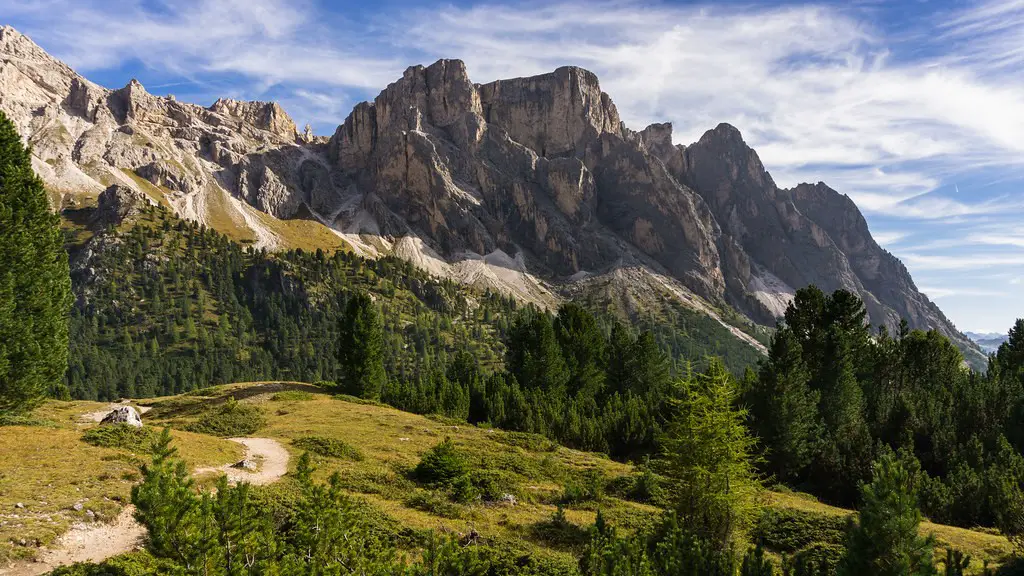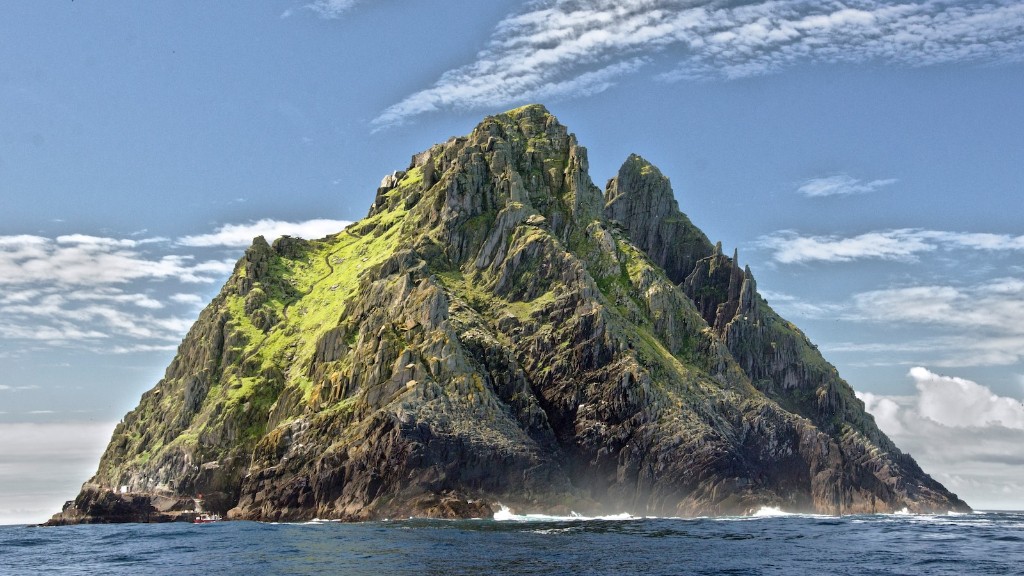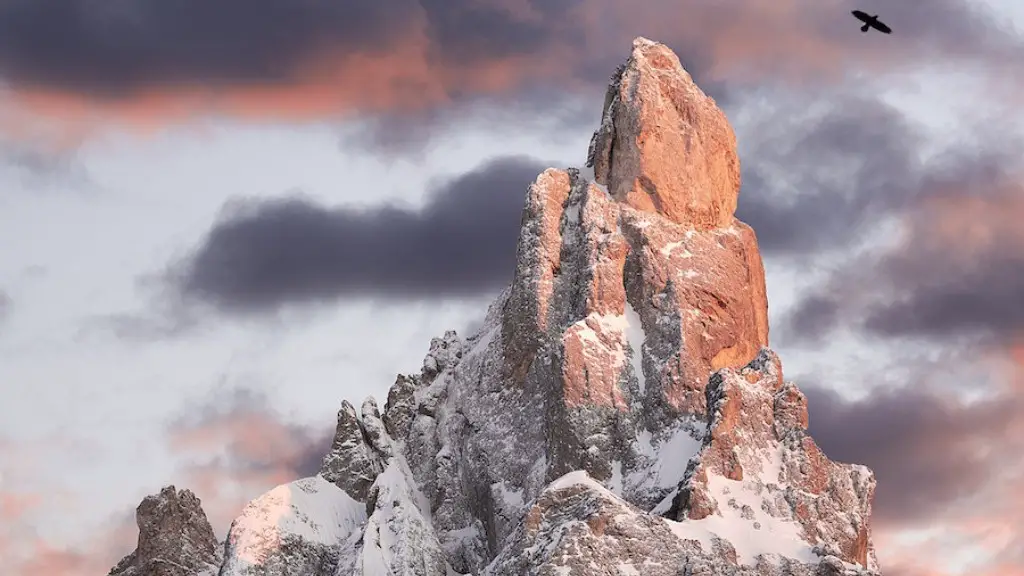Mount Fuji holds a sacred place in the hearts of the Japanese people. For centuries, the majestic mountain has been an object of worship and a source of inspiration. Mount Fuji is also a popular tourist destination, attracting visitors from all over the world.
There are a number of reasons why Mount Fuji is so important to the Japanese lifestyle. First and foremost, Mount Fuji is the tallest mountain in Japan, and it is considered to be a sacred location by many Japanese people. Mount Fuji is also a popular destination for hiking and climbing, and it is a popular location for viewing the sunset and sunrise. Mount Fuji is also a symbol of Japan, and it is often featured in Japanese art and literature.
What is Mt. Fuji cultural value?
Fujisan is the tallest mountain in Japan and is a sacred place to the Japanese people. It has been an object of worship since ancient times, and has had a large influence on the way that Japanese people view nature. The mountain is considered to be a holy place, and many people believe that it is home to gods and spirits. Fujisan is also a popular place for pilgrimage, and many people travel to the mountain each year to worship at its shrines and temples.
The volcano is an important part of the Shinto religion, and climbing its slopes is considered an act of pilgrimage. The volcano is considered to be a sacred kami or spirit, and is associated with the princess Konohanasakuya-hime.
What impact did Mount Fuji have
The Hoei eruption was a large scale volcanic eruption that took place in Japan in 1707. The eruption caused significant damage to homes and agricultural productivity in the region, leading to the death of many people.
Mount Fuji is a symbol of faith for Japanese people. It is a symbol of admiration. Its beautifully formed shape leaves a deep impression on the onlooker. It fills one’s heart with sublime bliss.
What are 3 main cultural values in Japan?
Harmony, order, and self-development are three of the most important values that underlie Japanese social interaction. Basic ideas about self and the nature of human society are drawn from several religious and philosophical traditions. The Japanese value system is based on the belief that humans are fundamentally good and that society is based on cooperation, not competition. Social harmony is achieved by following the rules of etiquette and maintaining a sense of respect for others. Order is maintained by following the strict hierarchical structure of Japanese society. Self-development is achieved through lifelong learning and self-improvement.
Mt. Fuji is an incredible mountain that has given us many gifts. The most notable gifts are the clear, clean water and the mineral-rich soil. The water is thanks to the volcanic ash deposits that fill in the valleys and level the surrounding terrain. The soil is incredibly fertile and is perfect for growing crops. Mt. Fuji is a true blessing!
How is Mount Fuji used by humans?
Fuji has been used for daily living and agriculture since ancient times by the people who lived nearby. In more recent years, it plays a major role in the industrial development of paper manufacture, chemicals and electronic equipment.
Designated as a UNESCO World Cultural Heritage in 2013, the beautiful appearance of Mount Fuji has long been worshipped and continues to be a source of art. The mountain is located on the island of Honshu and is the tallest mountain in Japan. Mount Fuji is an active volcano and last erupted in 1707. The mountain is a popular tourist destination and is often photographed and depicted in art.
Why are mountains important in Japanese culture
Many of the mountains in Japan are considered sacred places by the Shintō religion and are therefore revered and hold great spiritual significance. This is due to the strong relationship the Shintō religion has with nature. The mountains are seen as being representative of the gods and are often thought of as being their home. This is why many of the important shrines and temples in Japan are located on mountains.
1. Mount Fuji is actually three volcanoes in one.
2. Women were forbidden to climb it until 1868.
3. It is a sacred mountain.
4. It was first climbed by a monk.
5. It is a symbol of Japan.
6. It is an active volcano.
7. It last erupted in 1707.
8. It is surrounded by five beautiful lakes.
What is considered most respectful in Japanese culture?
In Japan, people greet each other by bowing. The depth of the bow varies, depending on the level of respect shown. A small nod of the head is more casual and informal, while a deep bow indicates sincere respect.
In Japan, some of the core values are thinking of others, doing your best, not giving up, respecting your elders, knowing your role, and working in a group. These concepts are taught explicitly and implicitly from nursery school into the working world.
What is very important in Japanese culture
There are a few key things to know about Japanese culture. First, identity is often based on social groups and place of birth. This means that individuals often identify strongly with their community and have a strong sense of belonging. Second, communication is typically polite and humble. This is due in part to the importance of maintaining harmony within groups. third, Japanese people are often very pragmatic in their approach to situations and challenges. This means that they are often more concerned with finding practical solutions than with theoretical ones. Finally, Japanese culture includes a strong appreciation for the arts and entertainment. This is evident in the wide range of traditional and contemporary art forms that are enjoyed by people of all ages.
Mountain climbing is definitely not for the faint of heart. It takes a lot of courage and strength to summit even the most popular trails. That said, the sense of accomplishment and the views from the top are definitely worth it.
For those looking for a real challenge, Fuji is the perfect mountain. It is sacred to the Goddess Sengen-Sama, and Japanese Buddhists believe that it is a gateway to another world. Today, travellers and climbing enthusiasts from all over the world flock to this sacred mountain.
The trail is strenuous, but the reward is a feeling of true accomplishment. Not to mention, the views from the top are absolutely breath-taking. If you’re looking for an adventure that will really get your heart pumping, mountain climbing is definitely for you.
What God is Mount Fuji?
Konohanasakuya-hime is a very important goddess in Japanese mythology. She is the goddess of Mount Fuji and all volcanoes, and is also the blossom-princess and symbol of delicate earthly life. She is often considered an avatar of Japanese life, especially since her symbol is the sakura (cherry blossom). Konohanasakuya-hime is a very important part of Japanese culture, and is revered by many people.
Fuji is a popular folk story in Japan that tells the story of a woodsman who is awoken by a loud noise. He thought it was an earthquake, but when he checked near his house he saw that a mountain had appeared out of nowhere. The woodsman was amazed by the mountain’s mysterious existence and called it Fuji-yama, or the Never-Dying Mountain.
Warp Up
Mount Fuji is important to the Japanese lifestyle for a variety of reasons. First, Mount Fuji is a sacred symbol of the Japanese people. It is considered to be the home of the gods, and is a popular destination for pilgrimage. Secondly, Mount Fuji is a popular tourist destination, and is a source of great pride for the Japanese people. Finally, Mount Fuji is a place of great natural beauty, and is a popular destination for hiking and other outdoor activities.
Mount Fuji is not just a mountain; it is an important part of Japanese culture. For centuries, theshogunate forbade people from climbing the mountain, but that only made it more attractive. Today, tens ofthousands of people climb Mount Fuji every year. They do it for different reasons: some want to test themselves,others want to enjoy the beauty of the mountain, and still others want to fulfill a religious obligation. Whatever their reasons,climbing Mount Fuji is an important part of the Japanese lifestyle.





